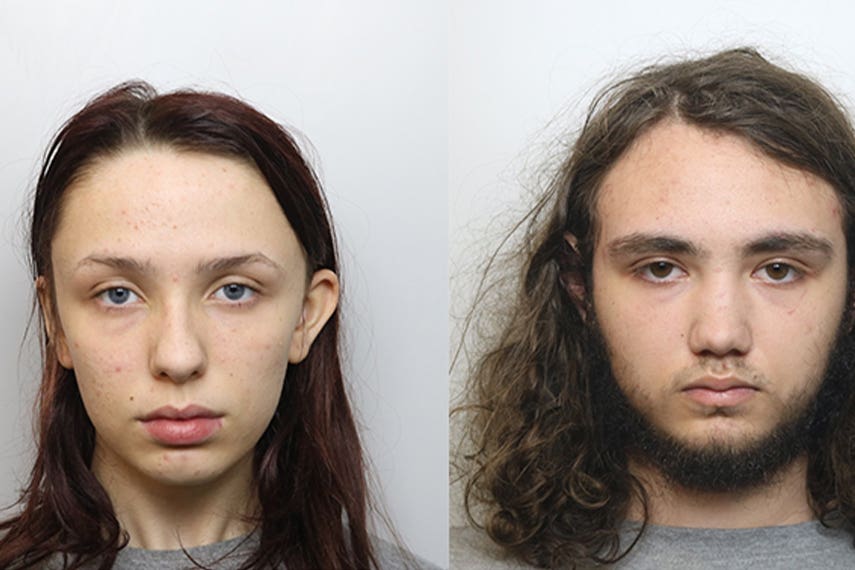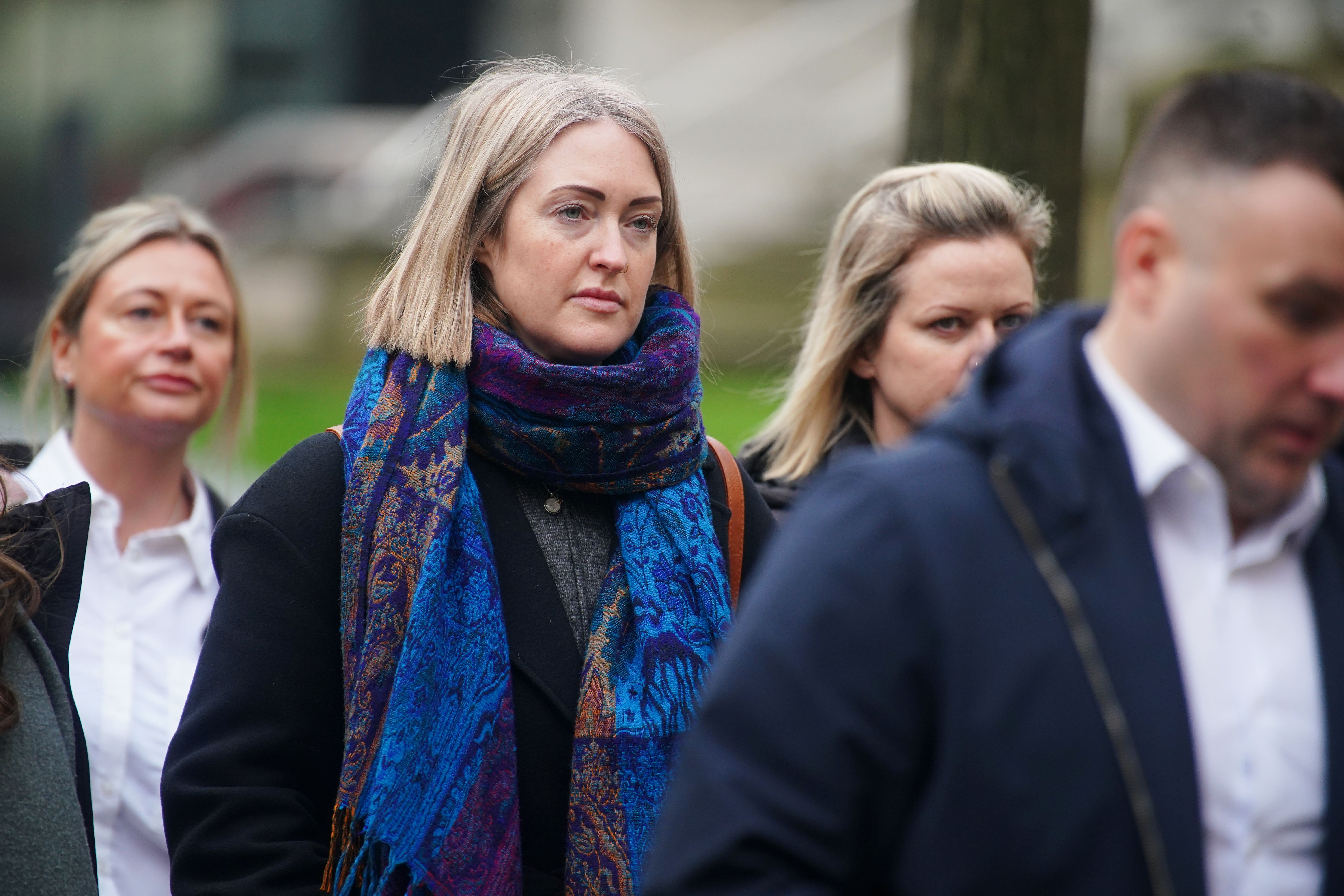Brianna Ghey’s mother calls for children to be banned from social media apps
Esther Ghey wants children to only be able to have certain smartphones
Your support helps us to tell the story
From reproductive rights to climate change to Big Tech, The Independent is on the ground when the story is developing. Whether it's investigating the financials of Elon Musk's pro-Trump PAC or producing our latest documentary, 'The A Word', which shines a light on the American women fighting for reproductive rights, we know how important it is to parse out the facts from the messaging.
At such a critical moment in US history, we need reporters on the ground. Your donation allows us to keep sending journalists to speak to both sides of the story.
The Independent is trusted by Americans across the entire political spectrum. And unlike many other quality news outlets, we choose not to lock Americans out of our reporting and analysis with paywalls. We believe quality journalism should be available to everyone, paid for by those who can afford it.
Your support makes all the difference.The mother of murdered teenager Brianna Ghey has called for smartphones to be made available for under-16s without social media apps.
She is also campaigning for searches for inappropriate material to be flagged to parents.

Scarlett Jenkinson and Eddie Ratcliffe were both 15 when they killed Brianna, 16, with a hunting knife after luring her to Linear Park, Culcheth, a village near Warrington, Cheshire, on February 11 last year.
Jenkinson had watched videos of torture and murder online.

Speaking on the BBC’s Sunday With Laura Kuenssberg, Esther Ghey said: “We’d like a law introduced so that there are mobile phones that are only suitable for under-16s.
“So if you’re over 16, you can have an adult phone, but then under the age of 16, you can have a children’s phone, which will not have all of the social media apps that are out there now.
“Also to have software that is automatically downloaded on the parents’ phone which links to the children’s phone, that can highlight key words.
“So if a child is searching the kind of words that Scarlett and Eddie were searching, it will then flag up on the parent’s phone.”

She said if the searches her daughter’s killers had made had been flagged, their parents would have been “able to get some kind of help”.
Ms Ghey said her transgender daughter had accessed pro-anorexia and self-harm material online and been “very protective” over her phone, which had caused arguments.
“If she couldn’t have accessed the sites, she wouldn’t have suffered as much,” she said.
Describing the internet as the “Wild West”, she said the focus of technology had been on making money rather than “how we protect people or how we can necessarily benefit society”.
